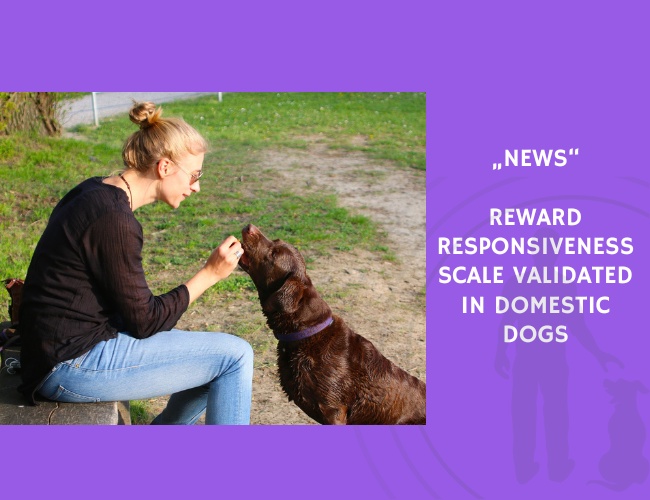Linda Gerencsér and colleagues (2018) developed the Canine Reward Responsiveness Scale (CRRS), an owner-report questionnaire designed to capture variation in dogs’ responsiveness to rewards. The study involved 2,149 dogs and examined how reward type (food or ball/toy) interacted with behavioral tendencies such as impulsivity, attention, and training success.
The CRRS demonstrated strong validity and reliability, as owner-reported reward responsiveness aligned with behavioral observations of dogs engaging with rewards. Results showed that ball/toy and food reward responsiveness differed by age and breed, with younger and more impulsive dogs tending to show stronger responses. Importantly, extreme responsiveness was associated with increased risk of social or health-related problems.
These findings underscore the value of reward-based assessments in understanding dog motivation, cognition, and welfare. They also strengthen the dog’s role as a model for human behavioral and cognitive functions, particularly in the study of reward processing, impulsivity, and attention-related traits.
Source: Gerencsér, L., Bunford, N., Moesta, A., & Miklósi, Á. (2018). Development and validation of the Canine Reward Responsiveness Scale – Examining individual differences in reward responsiveness of the domestic dog. Journal: Scientific Reports, Volume 8. Publication Date: 2018-03-13. Authors: Linda Gerencsér, Nóra Bunford, Anneliese Moesta, Ádám Miklósi. References: 92. Citations: 21.










